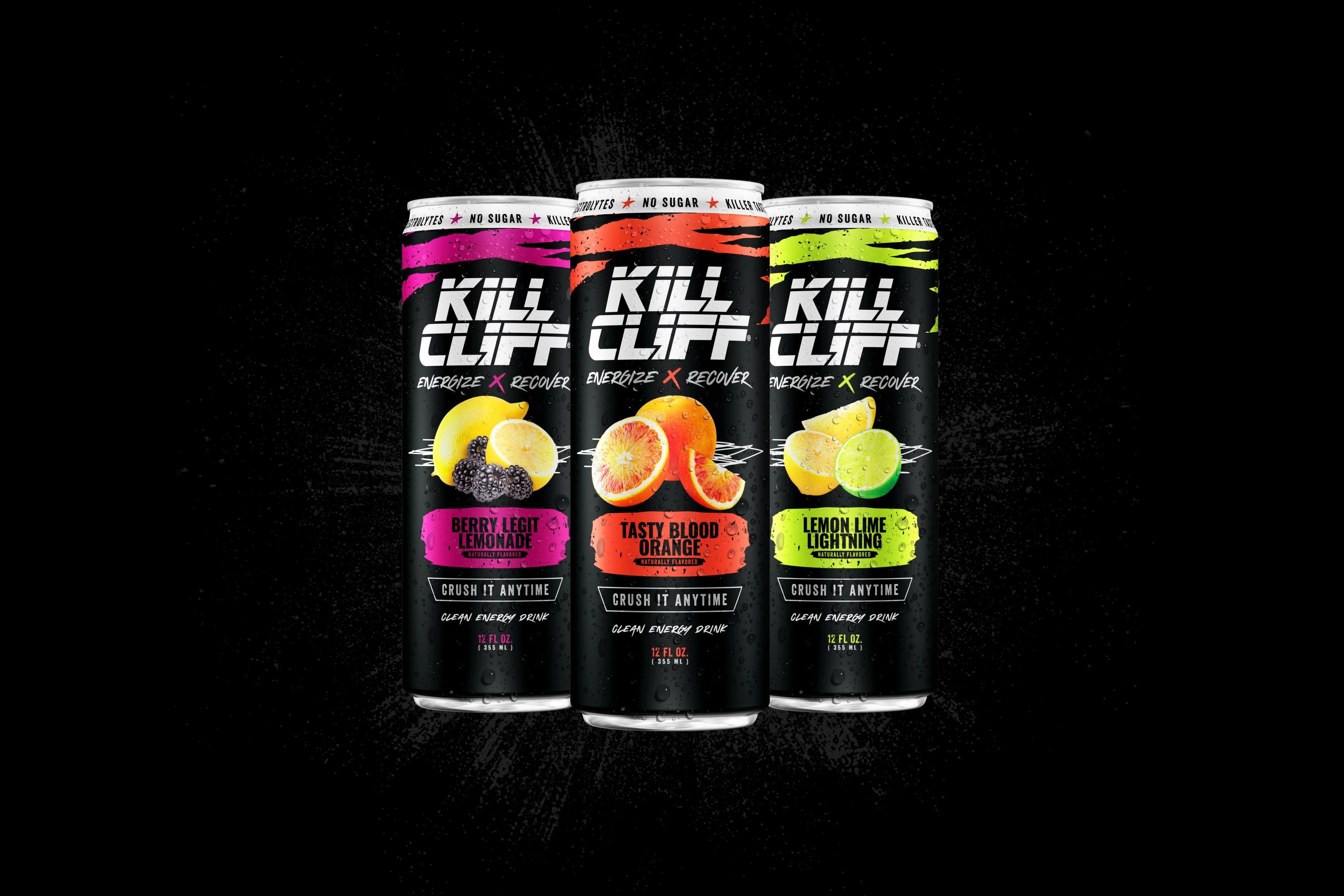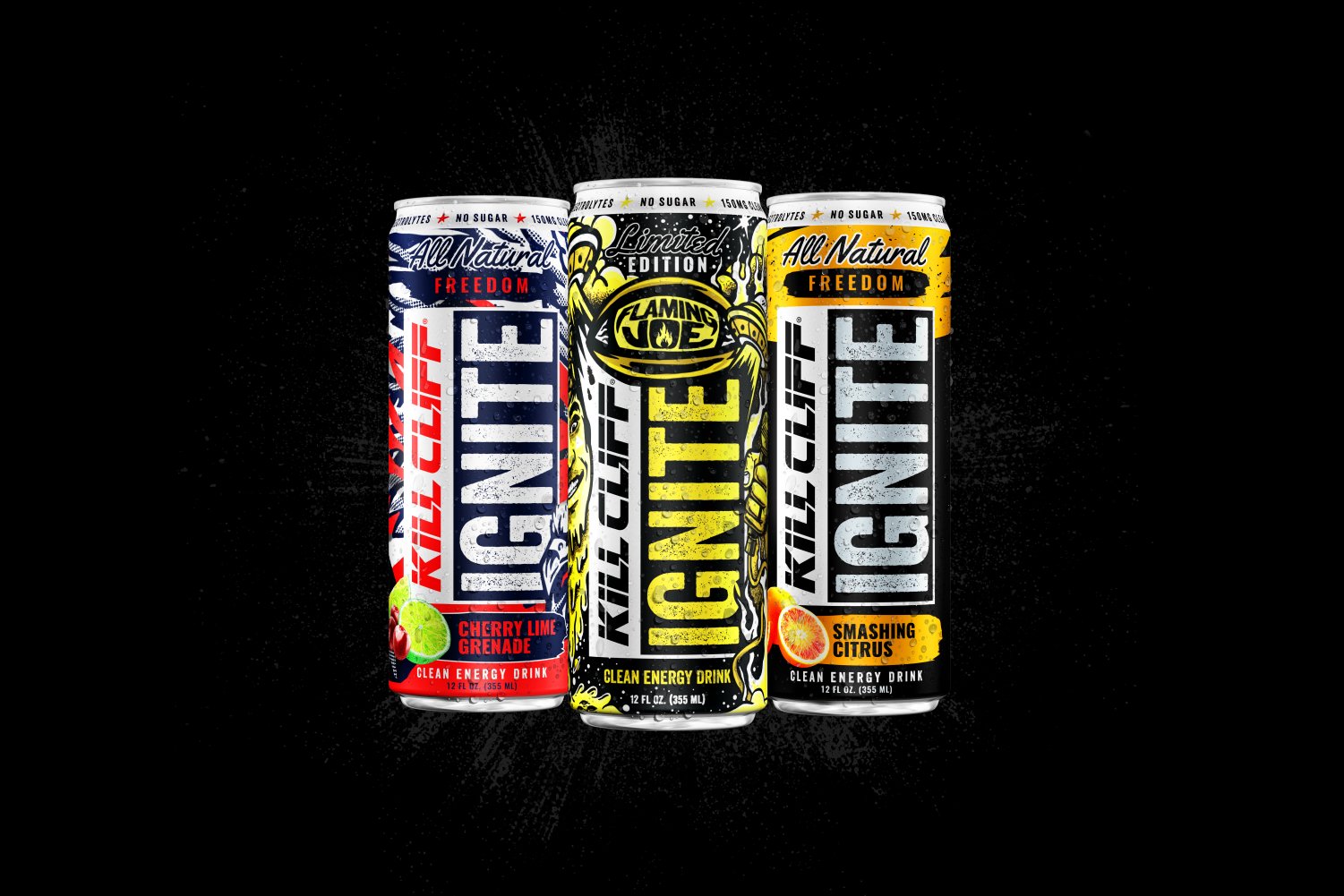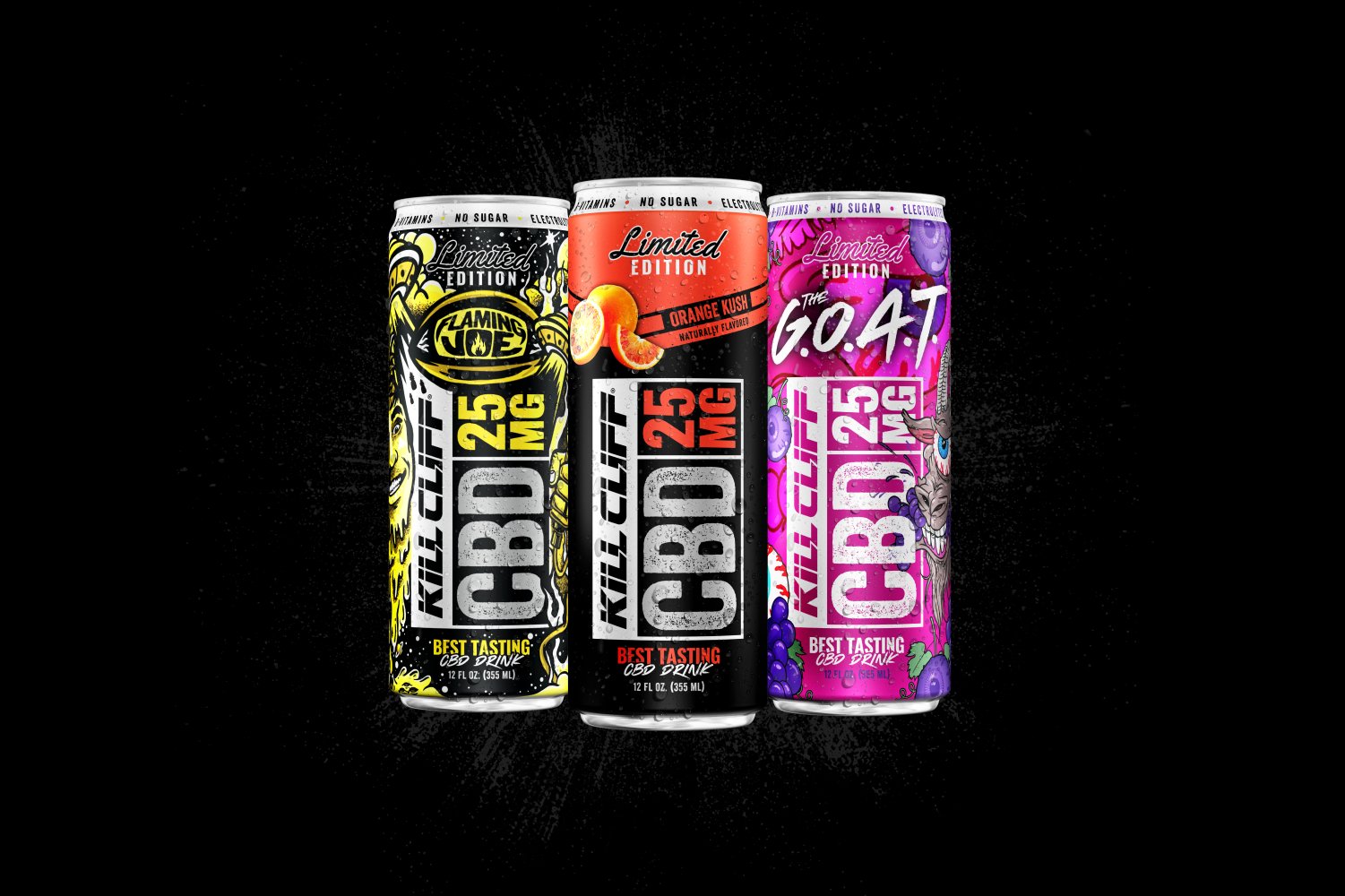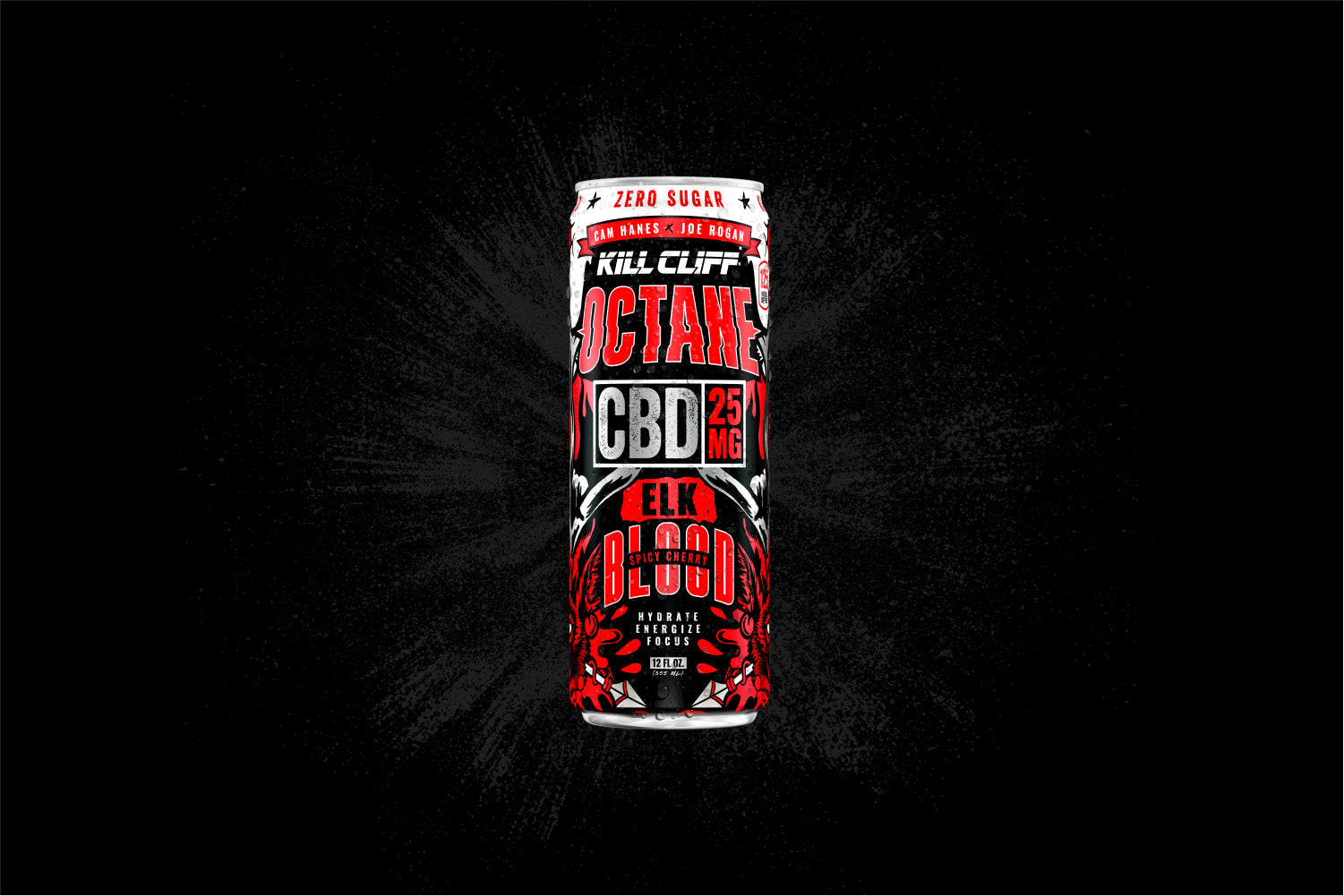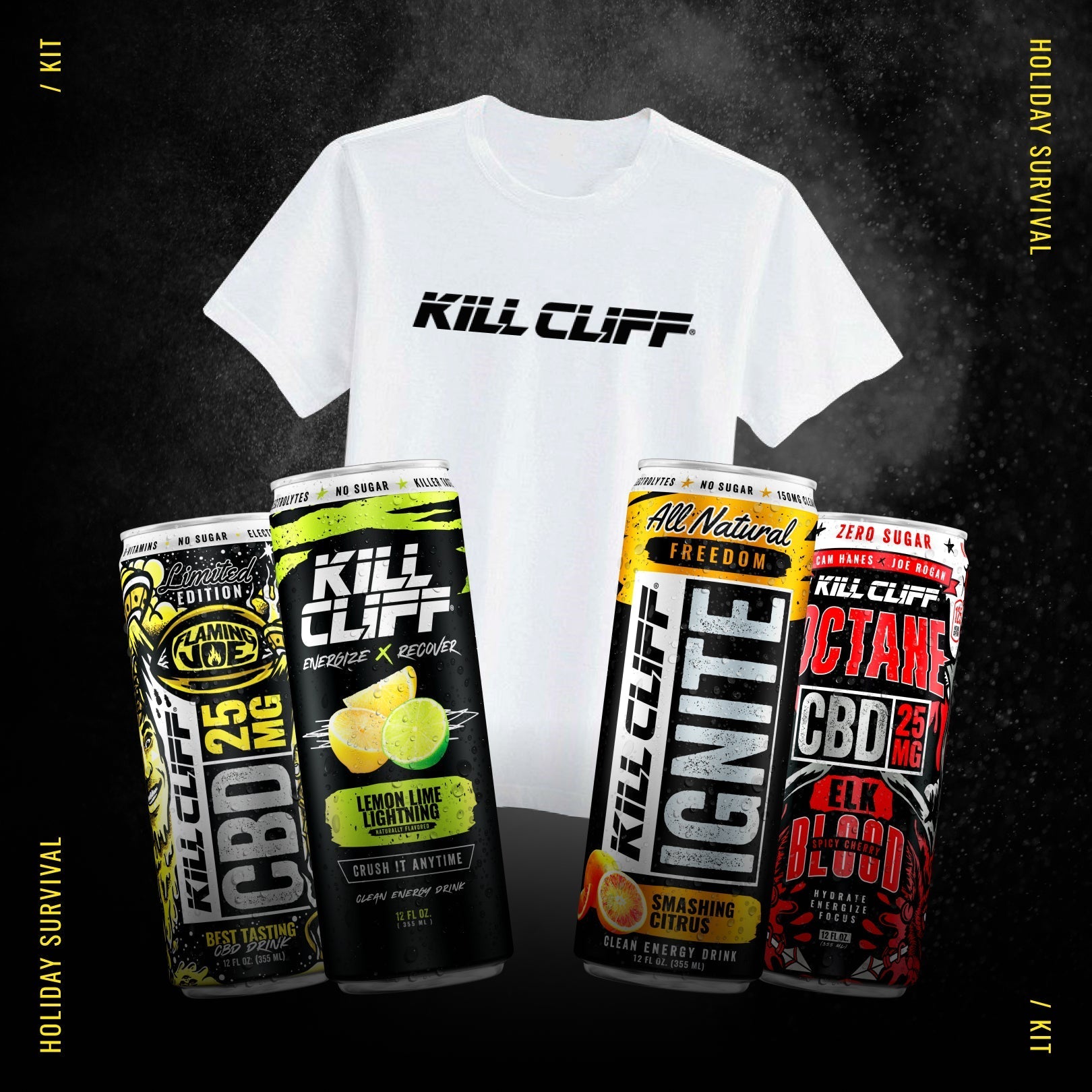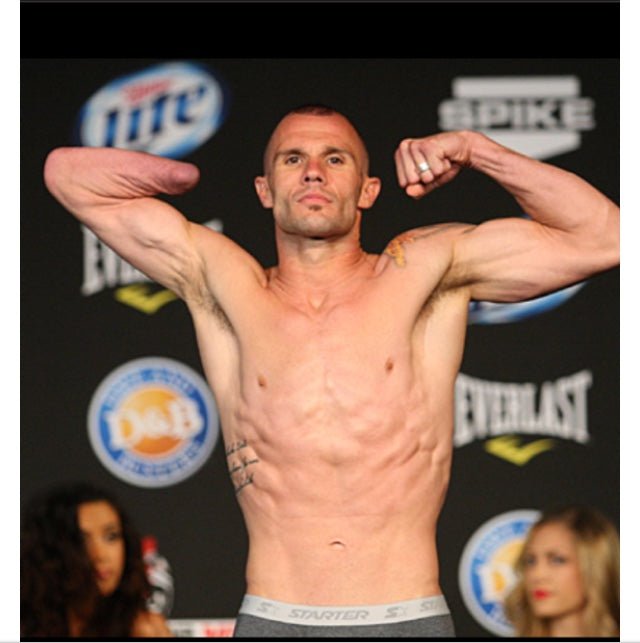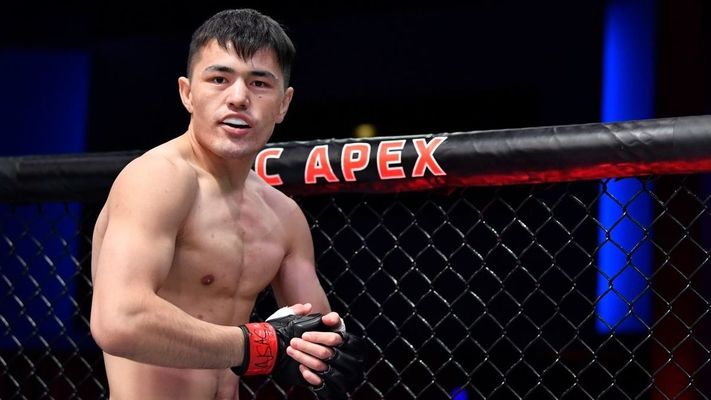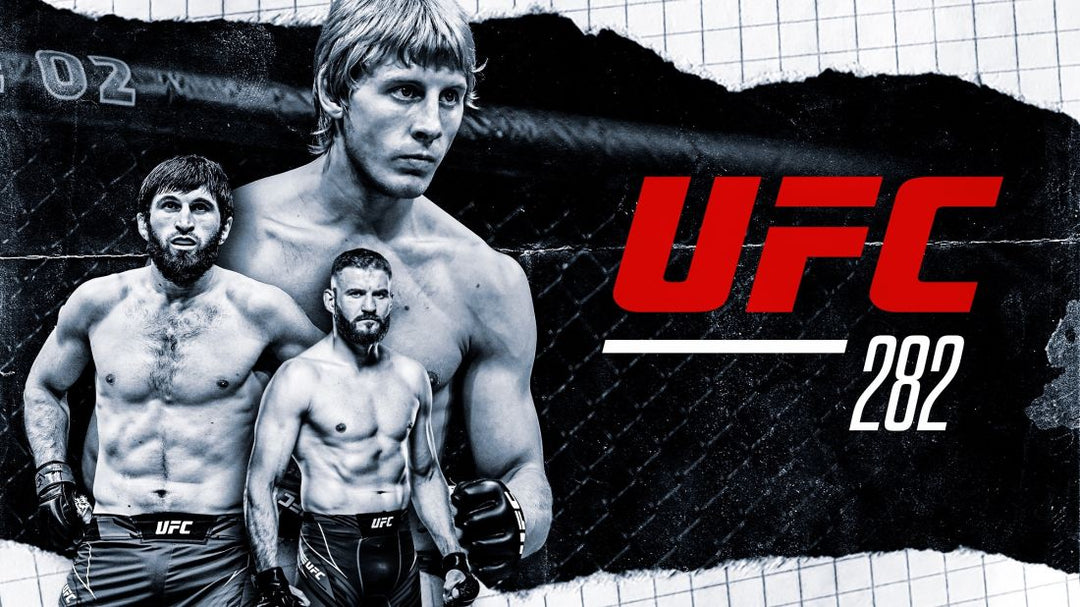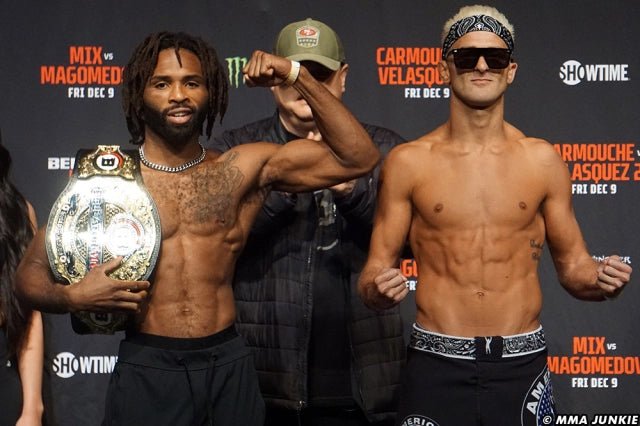
A regular day on the job forever changed the life of Keith Miner. On May 8th, 2000, Miner was pulled into a wood-chipper due to the mistake of a co-worker. The wood-chipper was able to get a hold of Miner's right arm and he lost his hand as the result. Four days in the hospital and two surgeries later, 19-year old Miner had to learn how to live life with one hand.
Miner eventually decided to not let his injury control his life and got back into sports. The persistence of a friend got him into Brazilian Jiu-Jitsu and Mixed Martial Arts (MMA). He went on to be the first MMA fighter with one hand.
Miner's no quit attitude makes him a perfect fit as a Kill Cliff Warrior. He gave us more details on his story and the route he took to becoming an MMA fighter. Miner detailed his journey during our interview with him.
KC: What all do you remember about your accident? Take me through that situation.
KM: It happened in May of 2000. I remember every bit of it. I was just in the right place at the wrong time. Someone made a mistake and I got pulled into the wood chipper. I had grown up around the machine and respected it. I know the power of the machine. It was just a mistake.
I was feeding the machine on a decline. The driver of the truck moved the truck backward and I moved forward and got pulled in. It had my right hand and flipped me around. It got up to my shoulder and finally, a coworker hit the reverse button and released me.
I wanted to sit down but something inside me was telling me to stay up. I was in the hospital for four days and had two surgeries.
KC: Have you been in contact with the person responsible for that accident since it happened? How is your relationship with them?
KM: I reached out to him after the accident. He was a veteran on the job with 29 years of experience. He took it hard. My parents were madder at him than I was.
I knew there was no malicious intent. I knew him and knew it was simply an accident. It changed both of our lives. We’ve had small talks since then, but he couldn’t look me in the face.
KC: What was your mindset after getting out of the hospital and adapting to losing your hand?
KM: It was tough. I was right-handed and that’s the one I lost. I was sort of a wild, punk 19-year old kid. It stopped me in my tracks and humbled me. I was a good athlete and now I was having to relearn how to tie my shoes and cut my food.
It was more than humbling and there were times I didn’t want to do it. I weighed on quitting, but I am super glad I didn’t. It was tough for the first year or so. Meeting my wife slowly helped my life come together. Not sure where I would be if that didn’t happen.
KC: Was there anything motivating you to get back into sports?
KM: I gave up all my sports up for basketball before my accident. It was my sport and I was a competitive person. I want to beat you in a jiu-jitsu fight just as much as I want to beat you in chess. There’s just a competitiveness in me that kept me going when I did pick sports back up. I didn’t really start playing again until six years after the accident. I wanted to prove to myself that I could do this and come back from this. I was playing sports like basketball, flag football, and baseball. What motivated me was going to a park or gym and seeing someone better than me. Seeing that gave me a fire to get better than that person. Eventually, it led me to fight Brazilian Jiu-Jitsu.
KC: How did you get into fighting and jiu-jitsu?
KM: There’s a guy named Kirk Gibson that kept coming into the Smoothie King that I worked at. He was a black belt in jiu-jitsu and wanted me to get involved in the sport. I didn’t think jiu-jitsu was a sport for me because of my back and neck injuries after the accident. Kirk kept coming back and worked on me. Eventually, I decided to get my son involved. Kirk would pester me about fighting every time I came to the gym. I gave in eventually and got addicted quickly. I started looking forward to it. I knew I was going to get whipped every time, but I still looked forward to it. It brought something out of me and I never imagined I would be good at it. My competitive spirit drove me to get better than the guys beating me.
I started the sport in April of 2008 and started competing in August of that year. I lost my first professional fight in October and it was bittersweet. I wouldn’t have ever bet on myself with everything I knew I faced getting to that point. I had the mentality that I was never fighting for second. My confidence kept growing. It’s a tough art and the comradery of the sport was great. With jiu-jitsu being an individual sport, everything comes down on your shoulders. I had always played team sports where you win and lose as a team. I loved having to rely on myself. It pushed me through a dark time in my life. It pushed me through the mindset that I would only be an average competitor.
KC: Do you think that you have been underestimated by your opponents because of your hand?
KM: I think there was some of that, but my reputation has swayed some of that away. No one likes to lose and that’s part of being competitive. Win or lose, there were people who refused to shake my hand and they would just walk off the mat. Their coaches would scream at me for beating their athletes because they couldn’t coach them on how to deal with my missing hand. That was the hardest thing to get used to. My opponents would look across and see me with one hand and think they could take me because of that. Funny enough, I think I got underestimated more for not having cauliflower ear than I did for not having a hand. I guess I didn’t look experienced enough.
KC: Are you currently working towards fighting again?
KM: No, I’m 37 with businesses and kids. It’s a young man’s game. My heart and mind say I can do it but my body says no. Due to other responsibilities, I wasn’t able to give the sport all of my time. The guys I fought were doing just that.
I was the first MMA fighter with one hand. There are plenty of them now. I’ve got to talk to them and it’s interesting to see how much success they’ve had getting the OK to fight because I know how much trouble I went through to get approved. The trials I went through are helping out this next generation.
KC: What does "Kill the Quit" mean to you?
KM: It’s giving myself no other option. It’s a mentality. I knew that relearning things was going to be difficult but there’s no other option. When you sell yourself on that mentality anything else is possible. Can’t limit yourself based on a disability.
Do you know someone that you think would be a good addition to the Kill Cliff Warriors? Email connor@killcliff.com and let him know!
